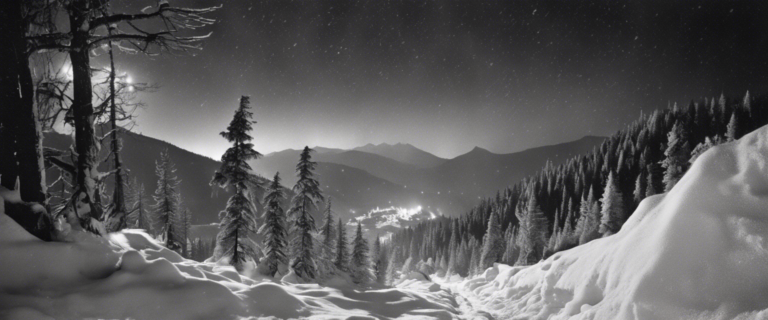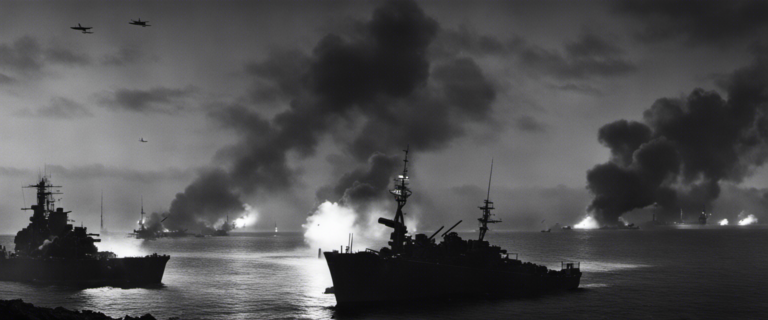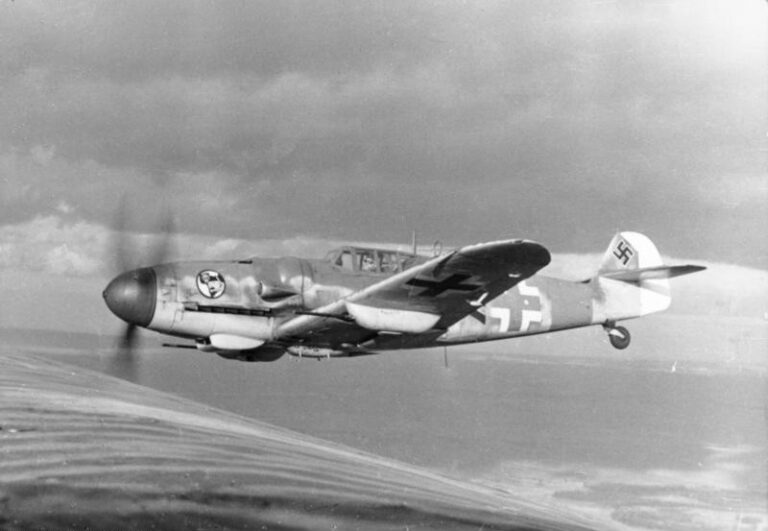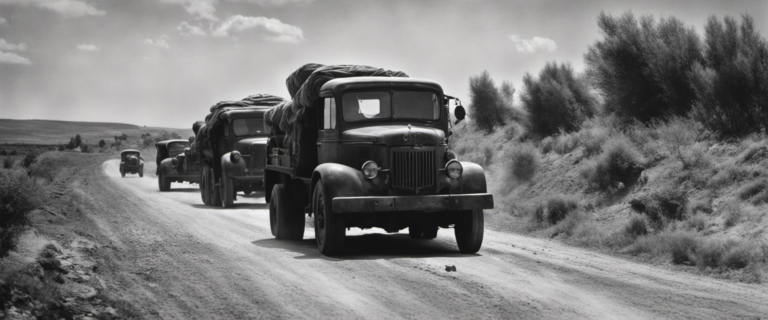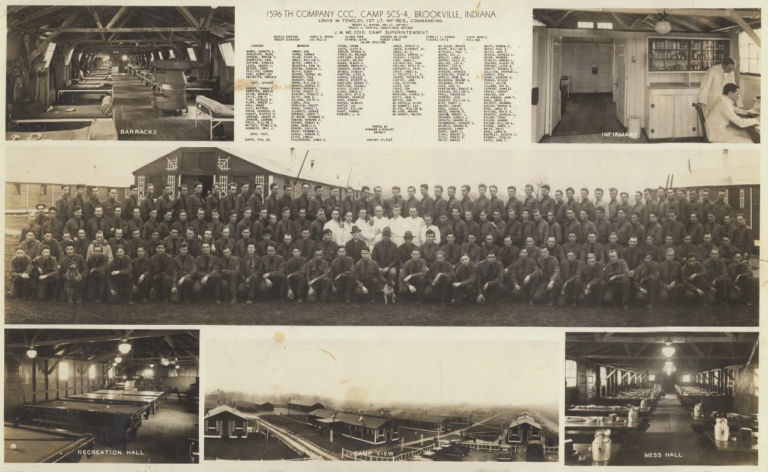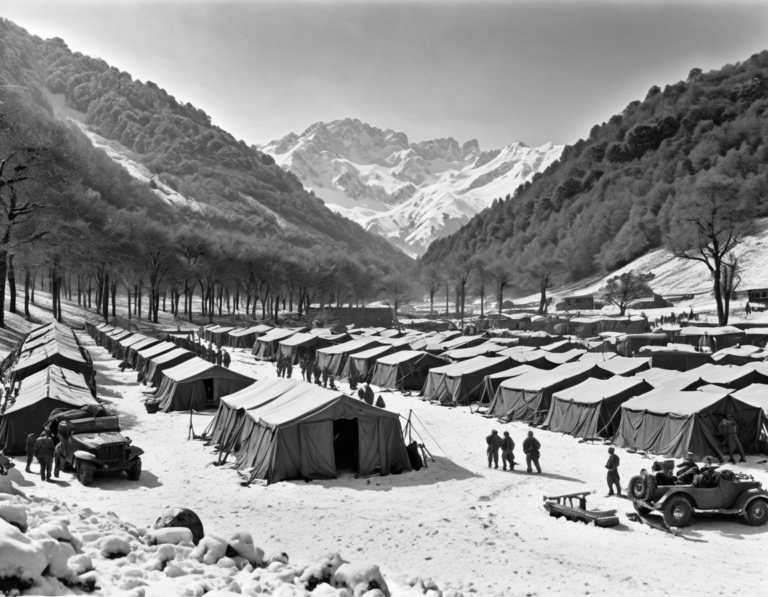Part I – A Fireside Chat
A Boy in Kentucky, 1934
In the summer of 1934, Stanley Grimes was just past his 13th birthday. An energetic and slim young man with penetrating eyes, he had a sharp nose and thick dark hair that he wore slicked back, which gave him the look of one of those Italian boys you heard about in the news those days making up the organized crime families just down the river in Newport, Kentucky. Stanley was the middle child of 8 siblings at the time and grew up on a farm in Pendleton County, Kentucky, which his father Gilbert rented for $5 a month.
In 1934, the country was still reeling from the worst economic crisis in its history: laborers were out of work, farmers had no place to sell their crops, and if they could, they were forced to sell them at prices less than it cost to plant and grow them. As a result, many farmers like Gilbert simply gave up and only grew what they needed to feed their families. Decent, hard-working people started to live like they were poor. Stanley’s parents were in a fight for their lives. In those years, Stanley and his family ate what they grew: corn, potatoes, carrots… whatever the soil of Kentucky would yield. He was still in the height of his boyhood and didn’t need much.
Dreams Amid Hardship
He loved going with his mother down into Covington where the pace of life was quick and businessmen in their slick suits walked down the street clutching the Kentucky Post. Across the Ohio River he could see the progress in Cincinnati, distinguished by the imposing 49-story Carew Tower, just completed a few years before. One day, he thought, he’d work in a building like that. He’d send money back to his family or maybe even buy them a new Chevy Sedan. He hated that a man who worked as hard as his father could still be as poor as they were.
He and many young boys and girls his age, colored by this economic blight brought on by factors of no fault of their own, were the ones who made up what would become known as the Greatest Generation. A boy like Stanley of 13 may have gone down to the grocery store in Butler, Kentucky, asking for 25 cents a day to bag produce or to help in any way, only to be answered that no jobs were to be had. The grocer probably needed the help, he just didn’t have the money to pay. His older brother Dewey had been working as a farmhand at Ms. Beckett’s for 10 cents an hour, her parents aging and no sons in the house. Sometimes he’d let his brother work for him on the weekends and pay him half the 10 cents, a sum that Stanley would collect with excitement to save up for an ice cream in town. But what could a boy of 13 really contribute to the family?
Cornbread, Beans, and Roosevelt’s Voice
On a hot Thursday in June of that year, there had been some excitement that the president was going to address the nation. Roosevelt was going to talk about what was being done by the government to make times better. Stanley remembered this man from the TVs in the windows of the stores down in town: his big smile and cigarette holder riding around in a fancy car claiming that “happy days were here again.” The song he heard on the radio was catchy and Stanley may have found himself humming it while walking down the road on the way to school in those early years of the 1930s.
When Stanley got home that evening, his mother Laura had dinner cooking and the house was a commotion as one would expect in a small farmhouse accommodating 8 children, including the new baby Junior. The house smelled of cornbread and beans, a meal that Laura served up most nights to the Grimes family. After bread, eggs, and milk for breakfast and cold cornbread for lunch, no one was surprised that cornbread followed for dinner.
Stanley ran to the kitchen, grabbed a big spoon, and stirred the beans. With 10 mouths to feed, it seemed something always had to be cooking in that tiny kitchen and Stanley got to know what it was like to feed a small army: fetching bags of cornmeal and 1 lb cans of Heinz beans from the local grocery, ensuring all was stored after dinner, bringing the used cans back down the road to collect a penny for each 5. He did not know it now, but these skills would serve him down the road feeding the 140 men of Dog Battery in the years to come.
After dinner, Gilbert tuned to WLW on the radio and the family listened as the broadcast cut over live to the White House and the nasally voice of that New Yorker filled the airwaves.
God’s Country and a Bigger World
“It’s been several months since I talked to you…” he said. And he went on to talk about things which began to lose Stanley and his brothers: reciprocal trading agreements, gangster crime, the regulation of securities exchanges. But then he delved into the heart of his message: The three goals of the government, he said: Relief. Recovery. Reform.
He began to talk of farmers—of how many thousands of people like his dad would have lost their farms had it not been for the relief programs passed by Congress. He talked about how special interests and rich men in Washington were upset by what he was doing, but that the fight that he was fighting was for the worker and not for the men with money. Stanley, looking around the room at his family, could not help but smile… he knew that the people Roosevelt was talking about were them.
As Roosevelt spoke of devotion to public service, fair minimum wages, and the elimination of child labor, he closed by describing a trip he was about to take: “I plan to land at a port in our Pacific northwest, and then will come the best part of the whole trip, for I am hoping to inspect a number of our new great national projects on the Columbia, Missouri and Mississippi Rivers, to see some of our national parks and, incidentally, to learn much of actual conditions during the trip across the continent back to Washington.” He paused a moment… and then, in his staccato phrasing and New York accent, closed: “While I was in France during the War, our boys used to call the United States ‘God’s country.’ Let us make it and keep it ‘God’s country.’”
That night, the chirping crickets in the tall Kentucky grass outside sang Stanley to sleep from the open window as his mind began to wander… “God’s country…” he thought. His teacher at school told of how the Licking River joined the Ohio, which flowed into the Mississippi and then into the vast Gulf and Ocean at New Orleans. What a big world, he thought, as he closed his eyes and sailed down it in his dreams.

